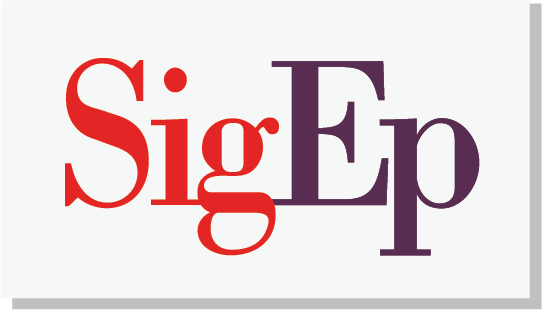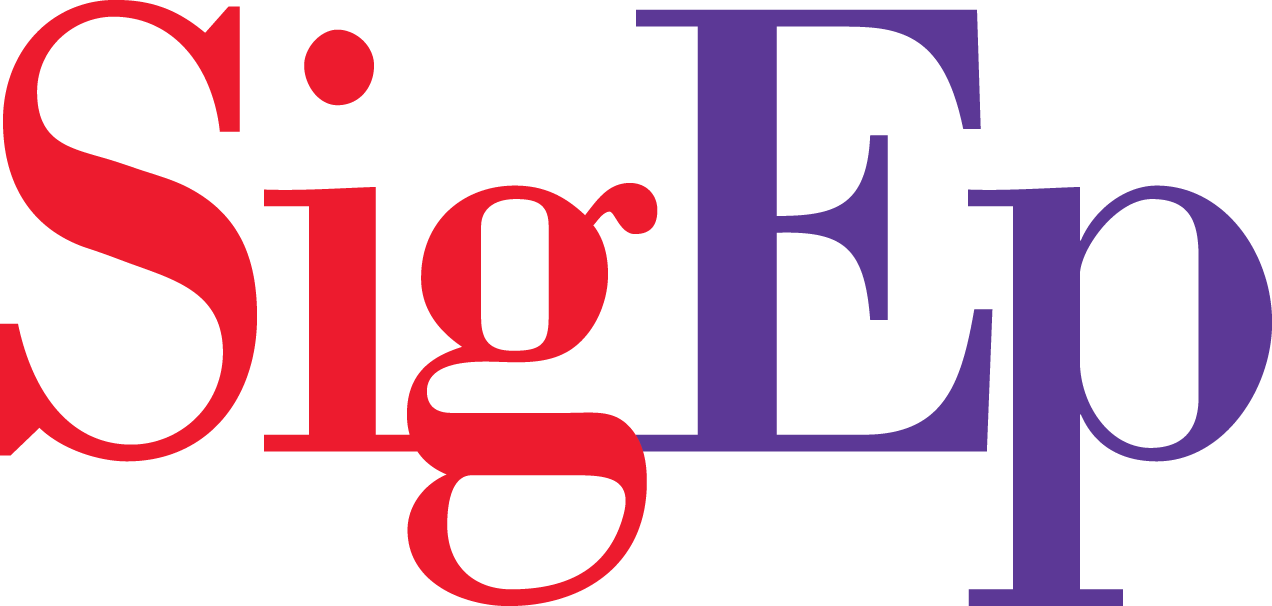A Massachusetts AVC president and director of human capital at PricewaterhouseCoopers (PwC) shares his tips for landing a job after graduation.
Competition for the best opportunities is fierce. As a SigEp, you have an amazing opportunity to gain experience and build a résumé that stands out to potential employers. Whether you’re on the executive board, serving as cabinet chair, or leading an event, you can leverage the skills you build and the impact you have to turn an otherwise stressful interview into an engaging conversation.
In my years recruiting for one of the nation’s largest employers of college graduates, I have personally gone through thousands of résumés, many of which are virtually identical. Candidates list responsibilities, but make no mention of what they actually accomplished. They list the organizations they’re a part of, but not what they did in those organizations. In the end, these résumés are like empty shells that give no hint as to who the candidate is or why anyone would want to interview them.
As a SigEp, you have an opportunity to stand out from the crowd and put yourself in a better position to land a job.
Myth Buster: I’ve never hired a member of SigEp. What I have hired are leaders and impact players who happened to be from SigEp and other organizations. Being a SigEp doesn’t get you a job, but it does give you the opportunity to demonstrate that you have experience producing tangible results. I want to know that you increased manpower by so many members, reduced chapter receivables by some percentage, implemented a speaker series, or raised a certain amount of money for the community. I also want to hear the story of how you made it happen.
When it comes to the interview, SigEp gives you yet another opportunity.
In the world of HR, interviews can often be harder for the interviewer than the one being interviewed. Why? Because candidates often can’t tell their story. As a SigEp who has made the most of his chapter experience, you can nail this step in the hiring process. Use the Issue, Impact, Outcome model to talk about what you’ve done: what was the issue, what impact was it having, and what was the outcome? You should practice telling your story to friends and family so it comes naturally.
When you write your follow-up email or thank you note afterwards, reference something from the interview to help the hiring team remember you. This will make your note unique, and help you stand out even further.
So, remember, being a SigEp doesn’t get you a job. What it does give you is the opportunity to differentiate yourself and demonstrate that you have experience producing tangible results. If you leverage the opportunities you have as a SigEp, you can not only improve your chapter, but also your chances at long term success in life after college.










Leave a Reply